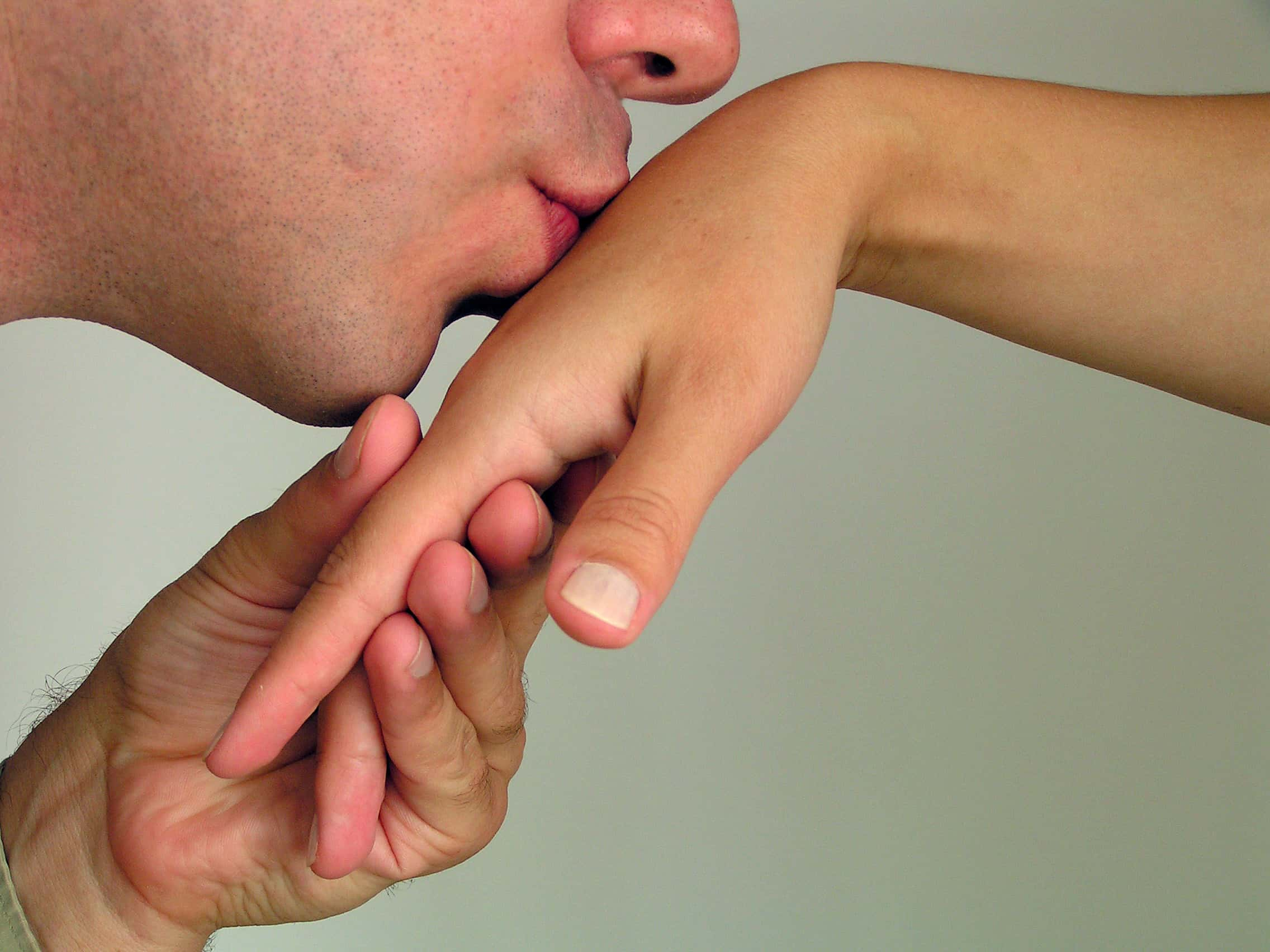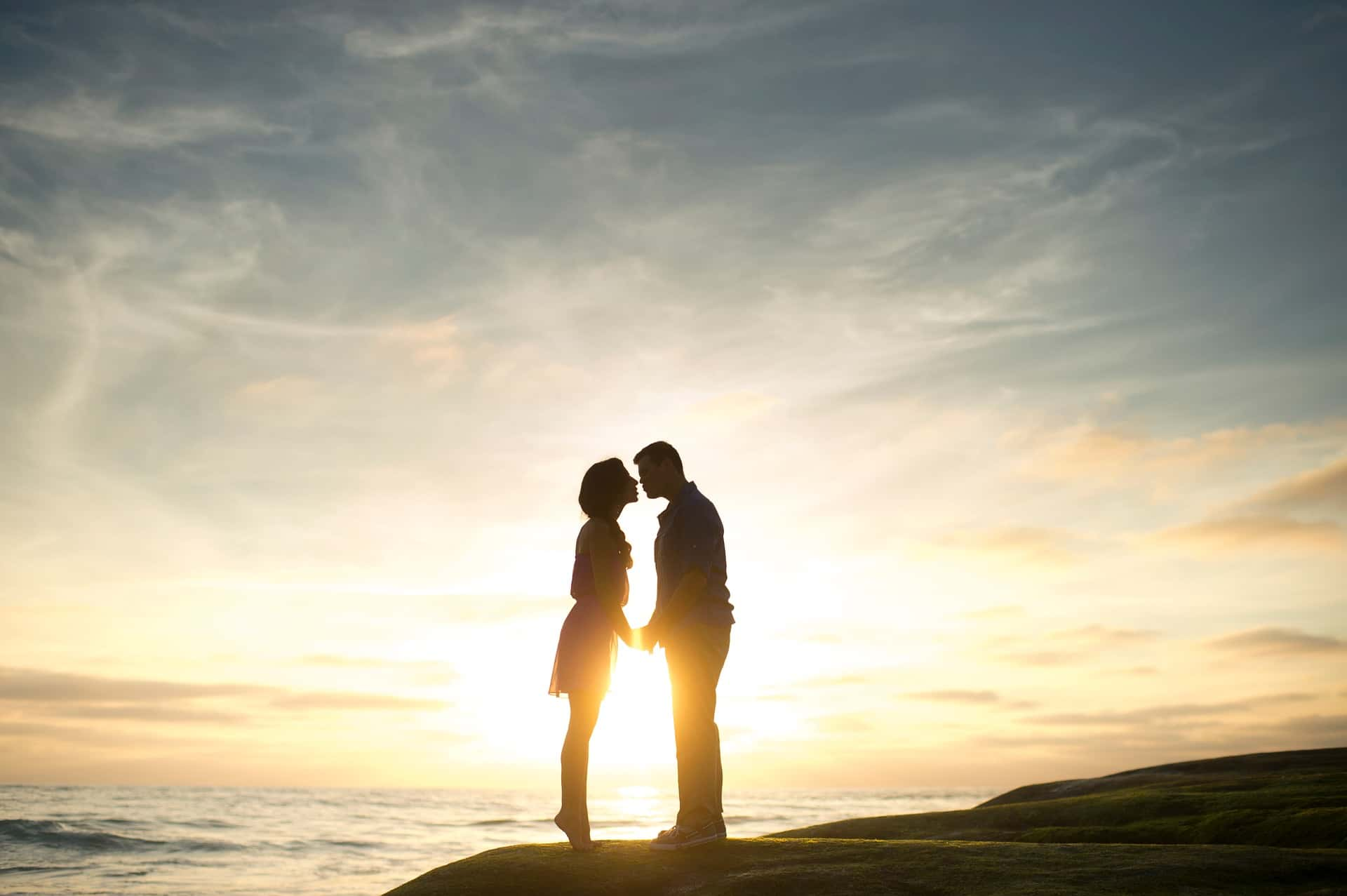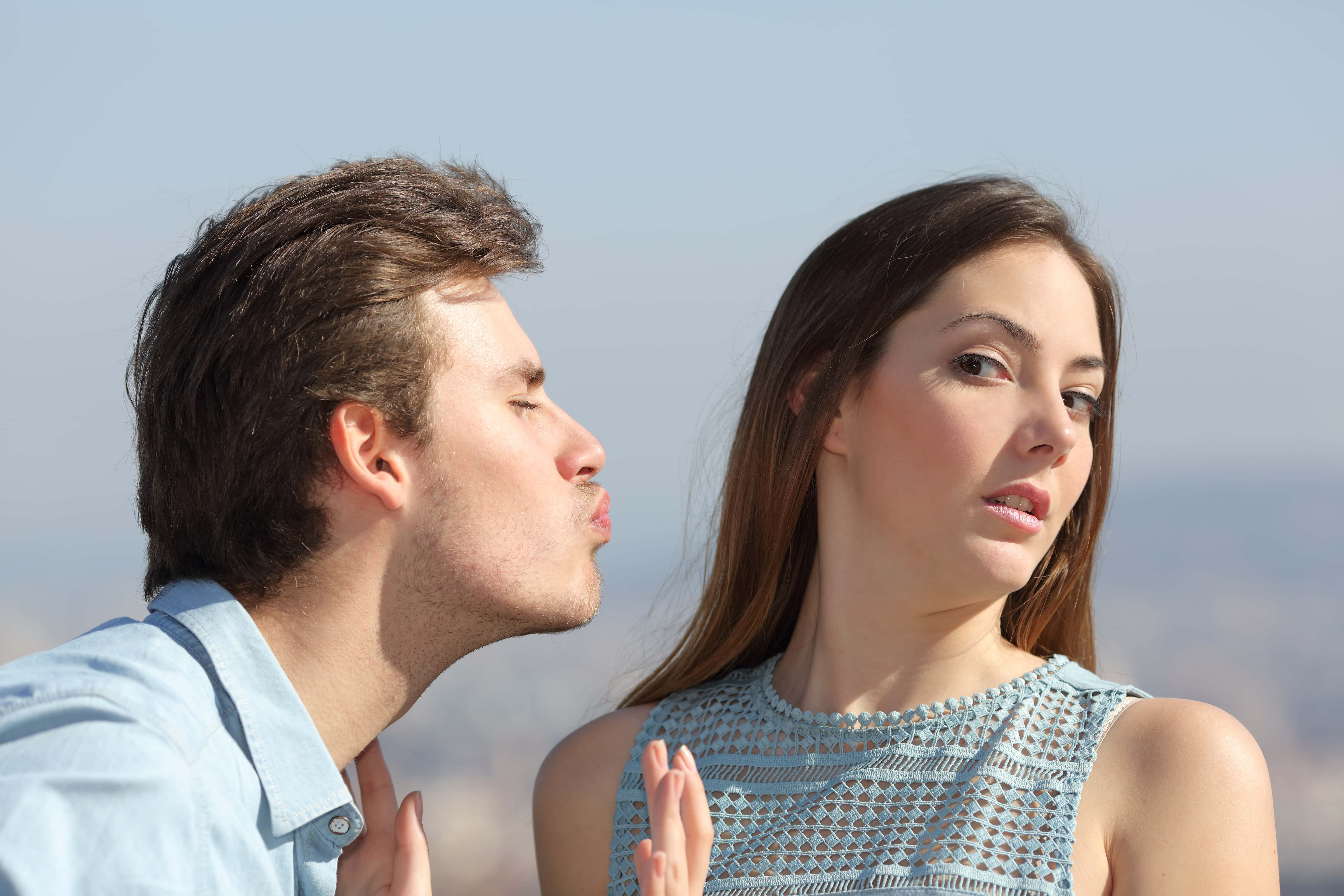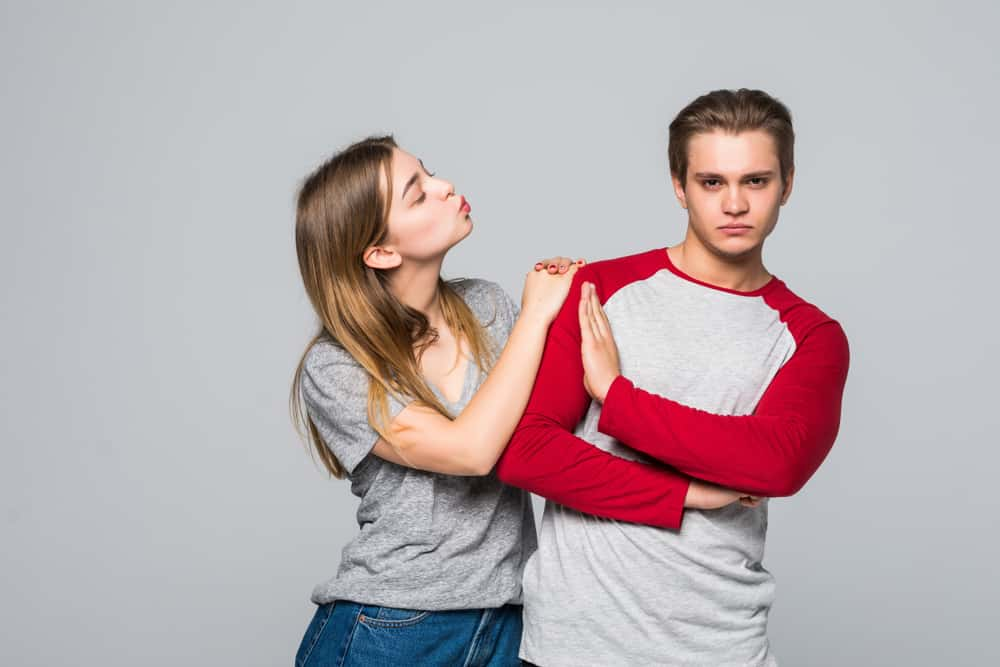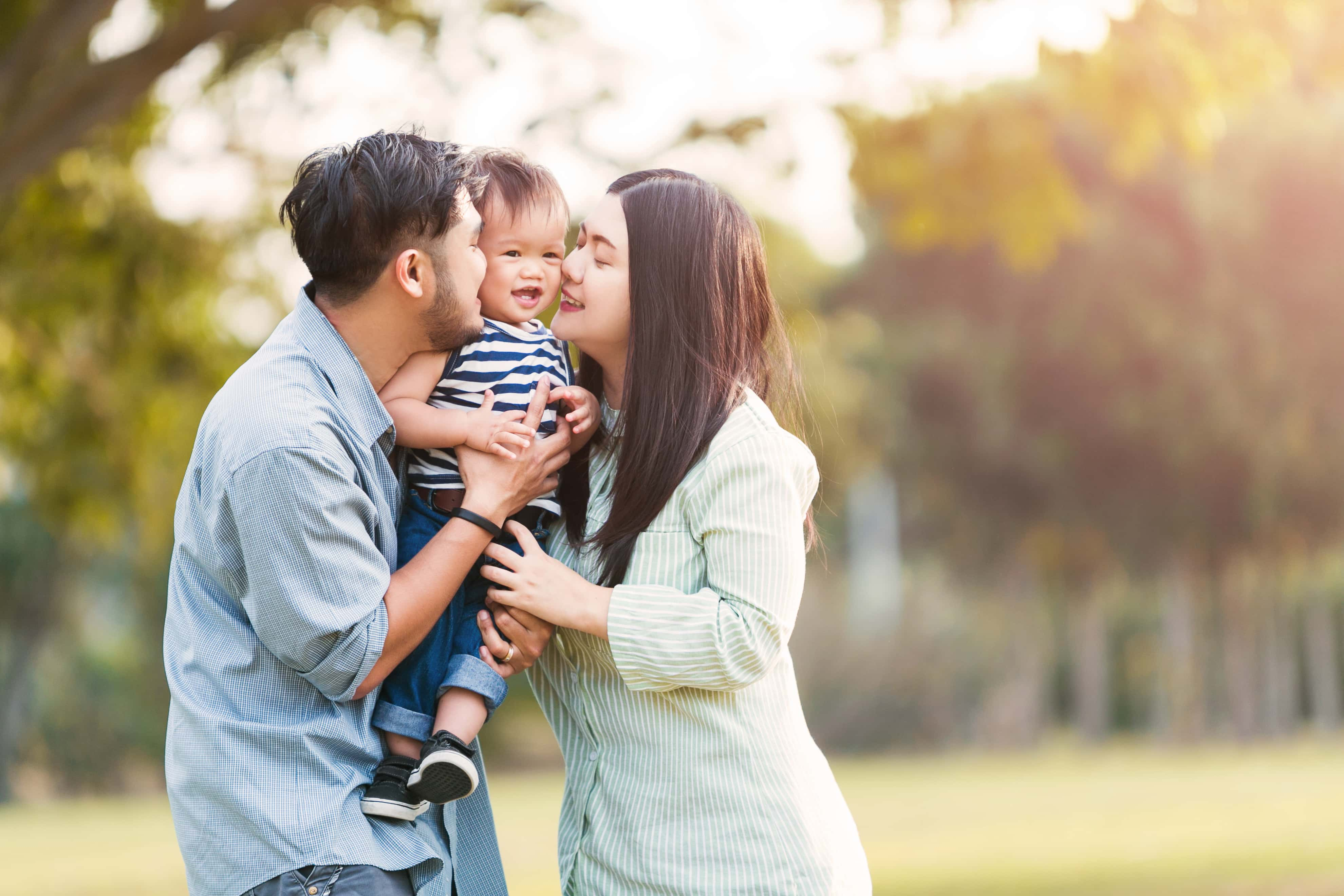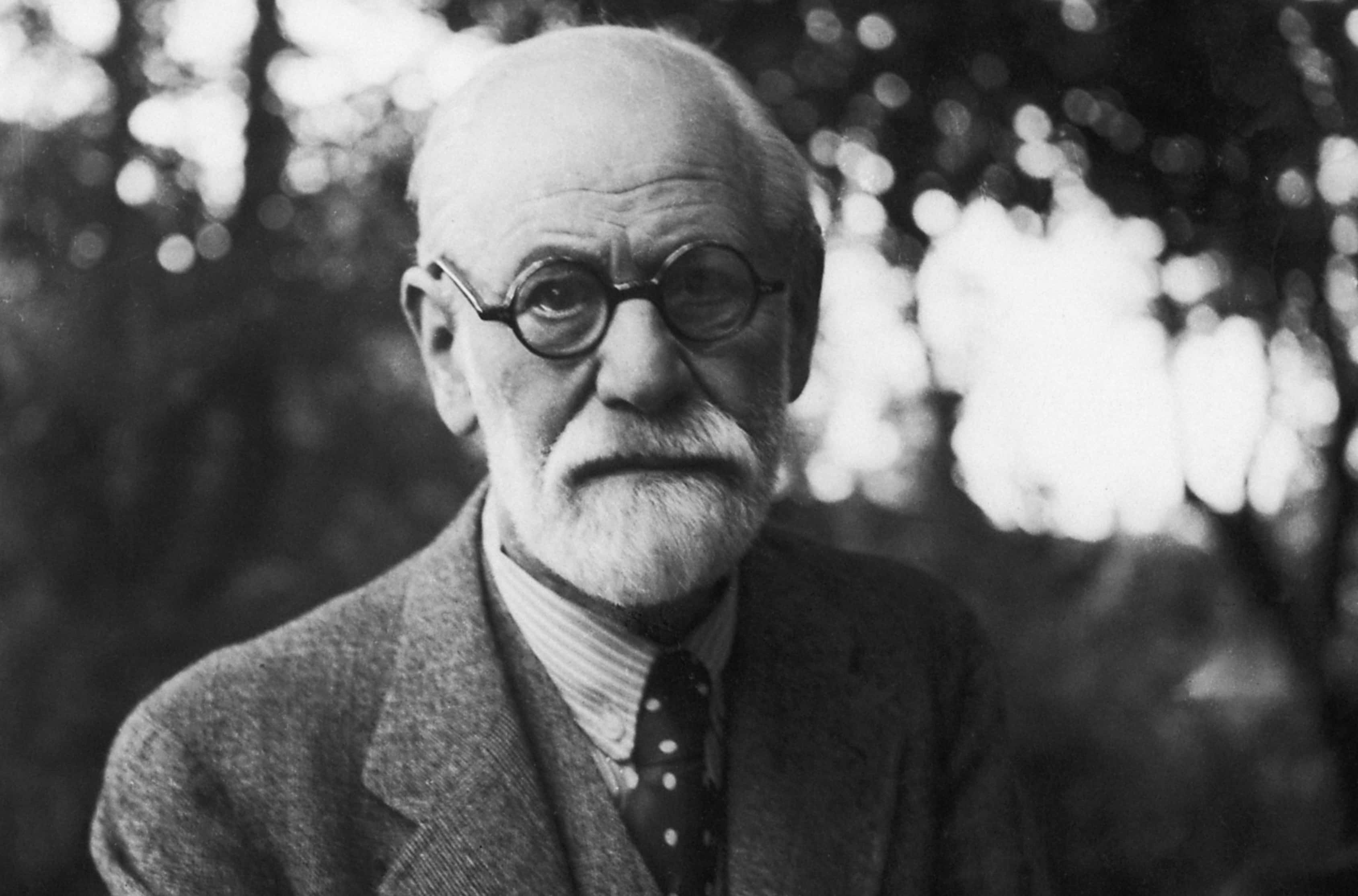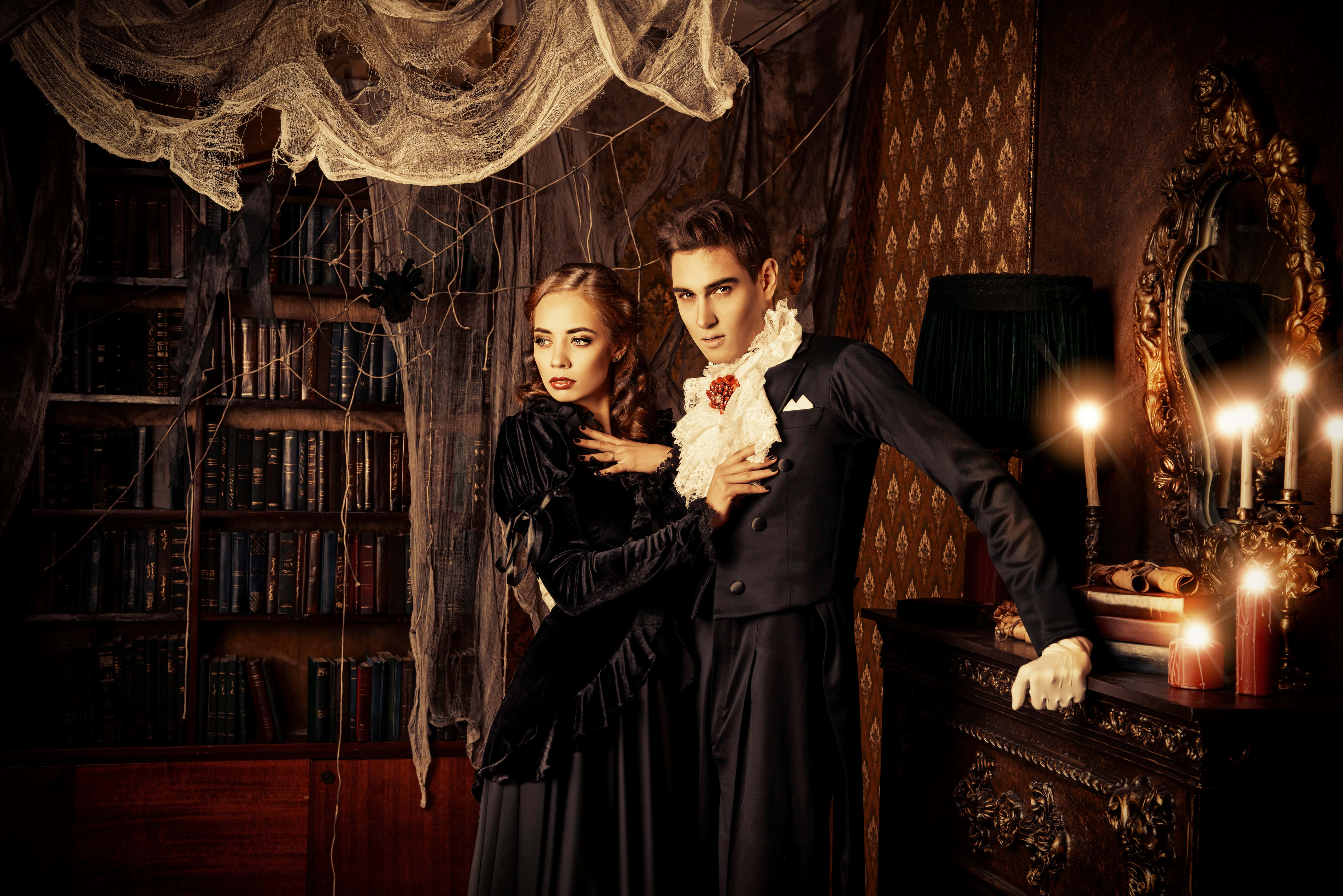When I was a preteen, every Thursday night featured what had to be an awkward sight for my parents. As the family settled down to watch a new show called The Office, it was clear that 13-year-old Veronica was there for one reason and one reason only. With the clammy energy of a horned up adolescent, I wanted to see Jim and Pam kiss. I wanted to see them kiss bad.
What’s strange is that, just a few years before the unholy trinity of Jim, Pam, and painfully pubescent me, I held very different beliefs. Like most kids, I thought that kissing was both morally repugnant and a quick path to infection. The idea of touching tongues seemed more like a science experiment than a hot date.
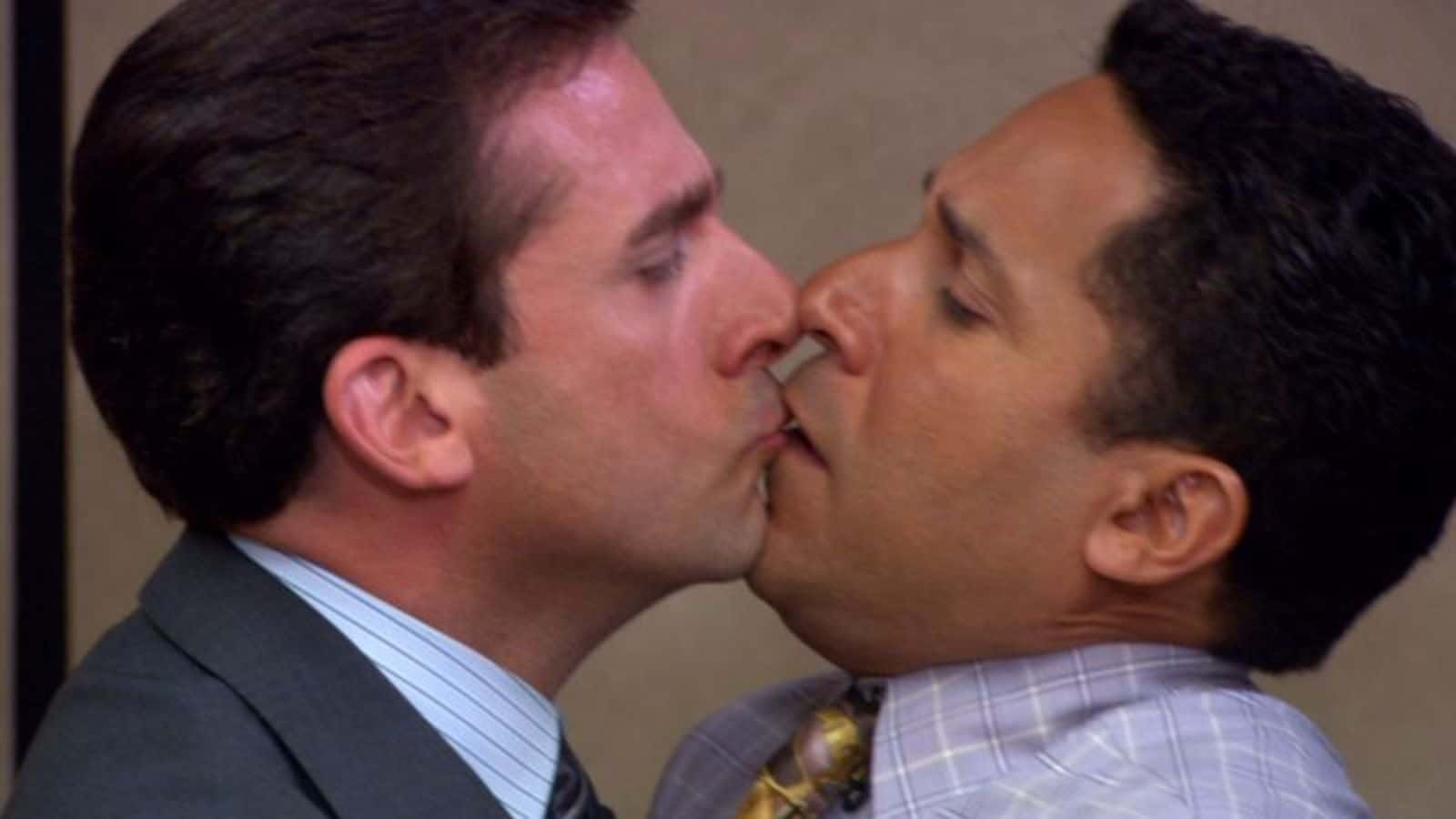 The Office,
The Office,
But...Why?
When we look back on our childhood beliefs, it’s often tempting to see them as premature or silly. But when it comes to kissing, I think my young self had a point. Kissing is weird. It’s awkwardly situated between a hot and heavy make-out session, a bland peck when you say hi your mom, and a grave sign of respect. It’s common to kiss as a show of deference, like kissing a royal’s hand or a saint’s feet. Rarely does one act occur at a night club, family dinner, public transit, and Buckingham Palace.
The jumbled associations of a kiss are ripe for psychological strife. So why do we do it? Diving into the strange cultural baggage of kissing leads us everywhere from the animal kingdom to vampire novels and Freud. As it turns out, a kiss is decidedly not just a kiss.
Anthropology Wars
One school of anthropology believes that the answer is simple. It’s instinctual. We kiss because we’ve always kissed. Now stop asking questions.
Other anthropologists weren’t satisfied with this answer. They disagreed with their seemingly repressed friends by arguing that kissing evolved from “kiss feeding.” You know, that maneuver where mother animals chew food and then spit the mush into their baby’s mouths. Very hot. Very sexy.
A Kiss Is Just A Kiss...Or Is It?
The “kiss feeding” theory may be gross but it’s gross in a useful way. It gets to the heart of kissing’s stranger aspects. First, it’s a variation of something we do with our family when we’re babies, and second, it’s not very dignified. If there are two things I don’t want to think about when I am kissing someone, it is my parents and the shameful knowledge that most human kisses look about as good as a mother bird spitting mulch into her baby’s beak.
Kissing Cousins
These uncomfortable aspects help us get into the nitty-gritty of kissing’s cultural baggage, so hold your nose and here we go.
Awkwardly, someone’s first exposure to kisses almost certainly wasn’t romantic—it was familial. From breastfeeding as a baby to receiving kisses from parents as a kid to greeting relatives with a kiss as an adult, kissing is a bit of a family affair, even though typing those words makes me feel very strange.
I Just Want To Eat You Up
If you google why mothers are obsessed with kissing their newborn babies, you’ll find a series of competing claims. For the biologists, kissing lets moms share antibodies that help their baby resist infections. For the sociologists, moms kiss their babies because they love them and have been socialized to see kissing as a sign of love.
For the emo psychologists, kisses have less benevolent connections. Have you ever seen a cute baby, wanted to eat them, and then settled with a kiss? That’s called “cute aggression.” Like tears of joy, playfully “eating” a baby course-corrects overwhelming emotion with a moderate release. In this case, we kiss babies to deal with our overwhelming desire to consume our young. Hmm.
But I Can’t Do It Alone
This brings me to kissing’s straight-up weird associations. For all the sanitized kisses at the ends of romantic comedies, locking lips has roots in the animalistic, the violent, and the uncontrolled. Kissing means flirting with danger, reconnecting with our primal urges, and experimenting with the idea of infection, mistaken identity, and the loss of the self. Freud would—and of course, did—have a field day with this stuff.
For Freud, kissing presented a unique challenge for humans: we can’t do it without a partner. It’s physically impossible to kiss yourself on the lips. Freud believed that this failure (and latent memories of relying on our mothers for breastmilk) made us confront our lack of self-sufficiency and its ties to the idea that in the end, there are some things we can’t defeat (THE GRAVE).
Evidently, we didn’t handle it well. Instead of living a kissless existence or grappling with the #showerthought that maybe our first kiss was with our mom’s boob, we went to the bar and found someone to mack on.
I Lose Myself In Your Kiss
According to modern smooching theorist Adam Phillips, Freud was onto something. Kissing is a release mechanism for when our brains can’t handle our “everyone dies alone” feels. It simultaneously avoids and explores these existential worries, while also (more optimistically) giving us alternative ways to think about this mostly confusing thing we call life.
When we kiss, we mush into another person and momentarily lose our crippling sense of being #foreveralone. Kissing lets us flirt with an intense version of an up-close-and-personal community. It’s an exciting thought—this idea of radical openness and devil-may-care intimacy. But then this “community” is also treacherous. Kissing is dangerous. It places our softest tissue (lips) against teeth that threaten to bite and ingest.
With kissing, it’s always a both/and situation. We explore and repress; we feel excited and scared; kisses are alluring and forbidden. There isn’t a clear answer. That’s what makes kisses so thrilling and strange.
#ShowerThoughts and Vampires
All these big questions are part of why kissing is often linked to infection, contagion, and mutation. The vampire’s bite helpfully brings these issues to the surface by perverting the romantic kiss into its funhouse mirror twin. After seducing their prey, the vampire’s embrace transforms into a bite, making literal the fear that kissing—which should be safe and intimate—can turn violent.
But that’s just the beginning: the vampire’s kiss then mutates the victim beyond recognition. Soon they’ll change and become a vampire themselves. As Phillips wrote, kissing can feel too close for comfort, like we’re losing ourselves. What better way to represent this fear than through the vampire, whose kiss literally mutates its victim into a different species?
Our Kisses, Our Selves
On the other hand, once we start thinking about kissing, the very idea of our “selves” falls apart. Between all the theories offered by psychoanalysis, anthropology, and the esteemed mommy blog, I keep coming back to one overarching concern.
Kissing is often seen as an exciting loss of control. It lets us escape our regulated lives and reconnect with our animalistic, passionate sides. At the same time, kissing is scary because it estranges us from ourselves by collapsing us with another. Kissing simultaneously lets us identify with our primal selves while also compromising our discrete sense of identity.
But which is it? What identity do I hold mid-kiss? Am I the sum of my more animalistic parts or am I the responsible human who responsibly dreads losing my civility with a too-intense embrace? When we forget ourselves in a kiss, what version of our selves do we remember or reconnect with?


